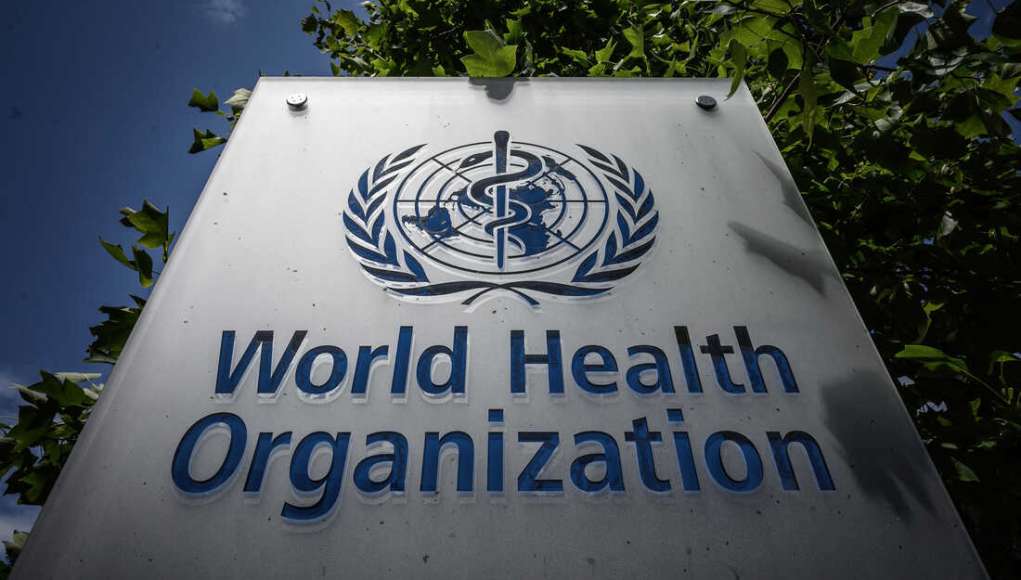The World Health Organisation has said that there is one psychiatrist to 500,000 people in the Africa region.
The Director of Programme Management, WHO Regional Office for Africa, Dr. Joseph Cabore said this on Thursday during a virtual press briefing monitored by our correspondent.
According to Dr. Cabore, Africa has the highest rate of suicide globally.
ABN TV reports that World Mental Health Day is commemorated yearly on October 10 to raise awareness of mental health issues around the world.
Cabore said “Next Monday is the World Mental Health Day, this is a public health issue across the world. Unfortunately, in Africa, mental health care had not received the attention it deserves. For instance, millions of people needing care do not have access to services.
“The Africa region has the highest rate of suicide globally. Around 11 out of 100,000 people die by suicide every year and this is above the global average of nine per 100,000 people.
“It is important to highlight that this situation is partly due to adequate action by the government, policy makers, communities to address the risk factors that contribute to death by suicide.”
The public health specialist decried underinvestment by governments in mental health care.
He said governments allocate less than 50 US cents per capital to mental health, on average.
“It’s important to note that mental health care is generally not included in National Health Care Schemes.
“There is grossly inadequate mental health professionals.
“As in example, for every 500,000 people in the Africa region, there is one psychiatrist. This is 100 times fewer than what WHO recommends.
“To raise the awareness about the gravity of suicide and step up advocacy about prevention, we are today launching social media campaign to reach 10 million people across the region.
“We want to galvanise the support of government and policy makers to increase focus and funding for mental health programming, including suicide prevention efforts.
“We believe that the campaign we educate the people on the steps to take against suicide.
“Suicide is a major public health problem but a silent epidemic in all regions where much of the public health focus is on infections disease and outbreaks. It’s time for a radical change.
“Far too many people who need help for mental health conditions and to prevent suicide do not receive it. This include ebola survivors, we need psychosocial support in every journey to full recovery,” Cabore said.









![Account Officers At Dangote Group [APPLY NOW] Latest Recruitment At Dangote Group [Apply Now]](https://abntv.com.ng/wp-content/uploads/2024/02/Dangote-Group-1-100x75.jpg)
